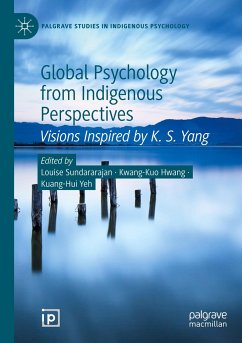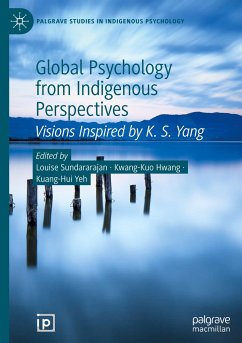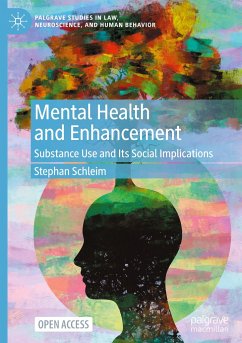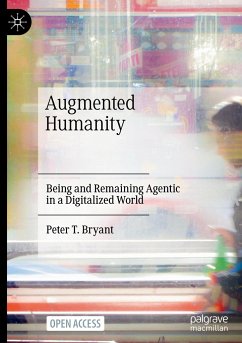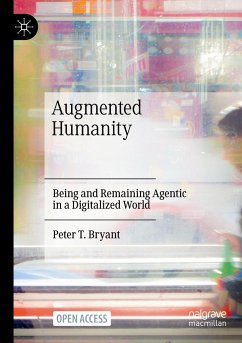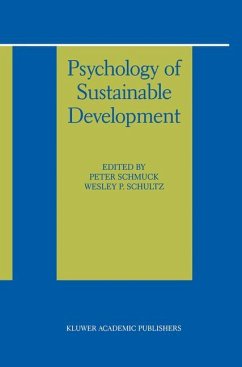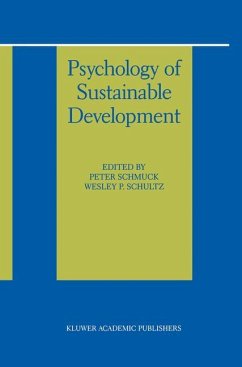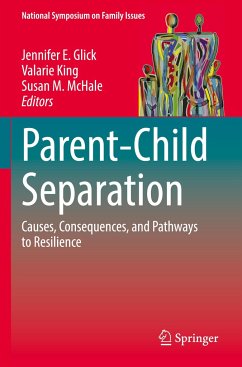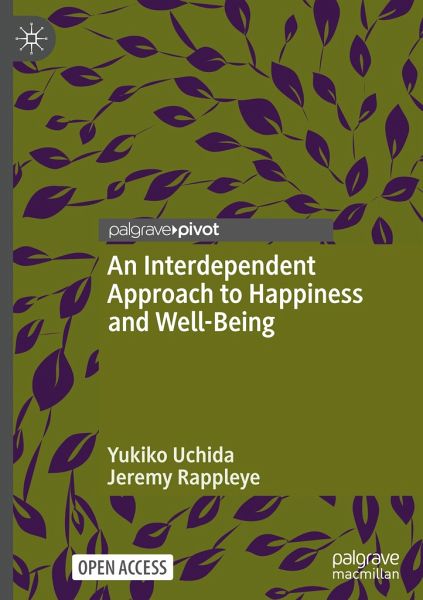
An Interdependent Approach to Happiness and Well-Being
Versandkostenfrei!
Versandfertig in 6-10 Tagen
23,99 €
inkl. MwSt.

PAYBACK Punkte
12 °P sammeln!
This open access book examines an interdependent approach to happiness and well-being, one that contrasts starkly with dominant approaches that have originated from Western culture(s). It highlights the diversity of potential pathways towards happiness and well-being globally, and answers calls - voiced in the UN's Sustainable Development Goals - for more socially and environmentally sustainable models.Leading global organizations including the OECD, UNICEF, and UNESCO are now proposing human happiness and well-being as a more sustainable alternative to a myopic focus on GDP growth. Yet, the d...
This open access book examines an interdependent approach to happiness and well-being, one that contrasts starkly with dominant approaches that have originated from Western culture(s). It highlights the diversity of potential pathways towards happiness and well-being globally, and answers calls - voiced in the UN's Sustainable Development Goals - for more socially and environmentally sustainable models.
Leading global organizations including the OECD, UNICEF, and UNESCO are now proposing human happiness and well-being as a more sustainable alternative to a myopic focus on GDP growth. Yet, the definition of well-being offered by these organizations derives largely from the philosophies, social sciences, and institutional patterns of Europe and the United States. Across seven chapters this book carefully probes the inadequacy of these approaches to well-being globally and reveals the distorting effect this has on how we imagine our world, organize institutions, and plan ourcollective future(s). It shares a wealth of evidence and examples from across East Asia - a region where interdependence remains foregrounded - and concludes by provocatively arguing that interdependence may provide a more sustainable approach to happiness and well-being in the 21st century. A timely and accessible book, it offers fresh insights for scholars and policymakers working in the areas of psychology, health, sociology, education, international development, public policy, and philosophy.
This is an open access book.
Leading global organizations including the OECD, UNICEF, and UNESCO are now proposing human happiness and well-being as a more sustainable alternative to a myopic focus on GDP growth. Yet, the definition of well-being offered by these organizations derives largely from the philosophies, social sciences, and institutional patterns of Europe and the United States. Across seven chapters this book carefully probes the inadequacy of these approaches to well-being globally and reveals the distorting effect this has on how we imagine our world, organize institutions, and plan ourcollective future(s). It shares a wealth of evidence and examples from across East Asia - a region where interdependence remains foregrounded - and concludes by provocatively arguing that interdependence may provide a more sustainable approach to happiness and well-being in the 21st century. A timely and accessible book, it offers fresh insights for scholars and policymakers working in the areas of psychology, health, sociology, education, international development, public policy, and philosophy.
This is an open access book.





